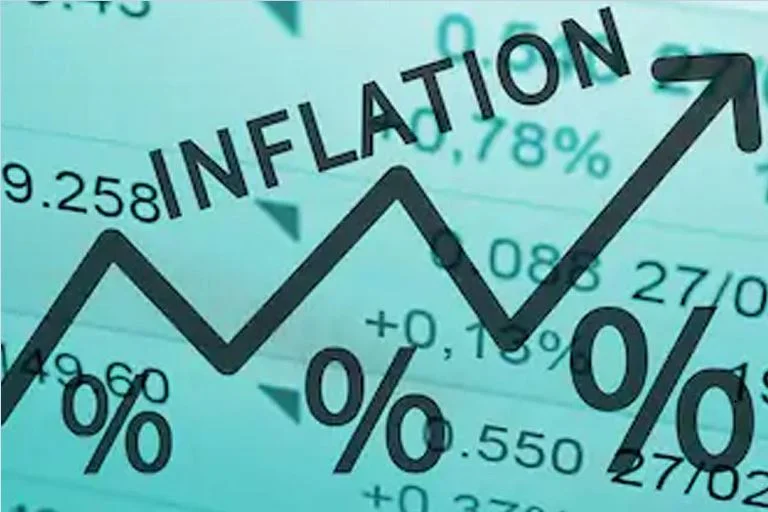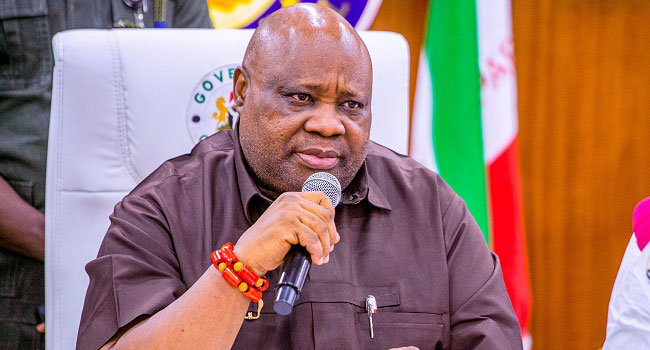Citizens throughout Nigeria find themselves confronting unparalleled hurdles as the costs of goods and services surge, compelling households
to adopt unconventional austerity measures to navigate the recent adversities. Many bemoan the inadequacy of their incomes to sustain their
daily necessities, particularly as the prices of essential commodities have nearly tripled in the marketplace. Among these essentials, rice,
a staple foodstuff widely consumed across the nation, has soared to N77,000 per sack.
In December, the National Bureau of Statistics divulged that the nation’s inflation rate soared to a 27-year pinnacle, with headline inflation
surging to 28.9 percent. This December headline inflation figure marked a 0.72 percent escalation compared to the preceding month, exacerbating
the economic woes confronting ordinary Nigerians.
The upsurge in food costs has emerged as a persistent quandary nationwide, exacerbated by governmental policies such as the cessation of petrol
subsidies and the devaluation of the naira in the foreign exchange arena. Vendors of foodstuffs in major urban centers express profound
apprehension, observing that the price of a sack of rice has surged by nearly 200 percent.
Long-grain rice, previously priced between N45,000 and N50,000 in November, now commands over N70,000 per sack, as per reports collated by
www.mediaplusng.com. This notable escalation in price is exerting immense strain on consumers already contending with economic uncertainties
and diminished purchasing potency.
The staggering surge in commodity prices has precipitated widespread hardship across the nation, prompting denizens of major urban centers to
take to the streets to articulate their grievances. The scenario underscores the imperative for governmental intervention and proactive measures
to tackle the fundamental causes of the economic predicaments confronting Nigerians.
As households grapple with the challenges of burgeoning inflation and dwindling purchasing power, there is a mounting clamor for sustainable
remedies to alleviate the adverse repercussions of the prevailing economic milieu. The predicament of ordinary citizens underscores the
significance of responsive governance and concerted endeavors to mitigate the burden of skyrocketing prices on the most susceptible strata of
society.
- 08045674546
- info@mediaplusng.com
- Lagos, Nigeria




